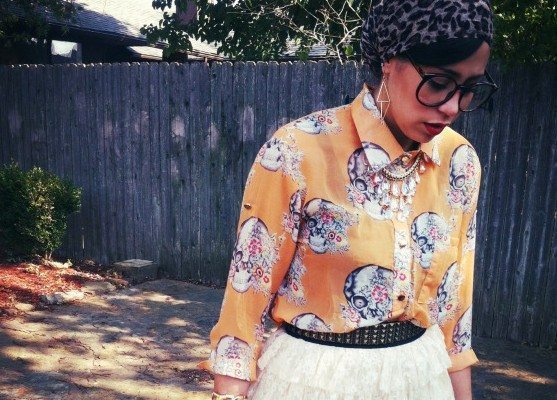 Image Courtesy of [Aslan Media via Flickr]
Image Courtesy of [Aslan Media via Flickr]
News
SCOTUS Rules in Favor of Muslim Women Against Abercrombie over Hijab
Clothing company Abercrombie & Fitch is no stranger to legal trouble due to its alleged discriminatory practices against both workers and customers. The brand came under fire for its refusal to hire a young woman in Oklahoma because she wore a religious head covering. On June 1, after much deliberation, the Supreme Court ruled 8-1 in favor of Samantha Elauf, the prospective employee who was denied a job because of her hijab.
Court rules in favour of Muslim woman who failed to get job after wearing scarf to interview http://t.co/wSiVAgsGvL pic.twitter.com/zagHX1Usdv
— The Independent (@Independent) June 2, 2015
Abercrombie is known for making clothing marketed toward young, preppy, attractive people. Many past employees have claimed that the company discriminated against them for their body type, religious practices, or race. The company has also been known to only market its clothing toward thinner people, as it refuses to make clothing for plus-sized women.
According to Politico, the company paid $50 million to Latino, African American, and Asian job applicants who claimed that there was a lack of diversity in the company. Elauf’s victory in this case has set a precedent for all future employers to follow, which will greatly benefit all potential employees.
In 2008, 17-year-old Elauf applied to Abercrombie & Fitch to work as a salesperson. She did not ask the company to make a religious accommodation for her headscarf during her interview with assistant manager Heather Cooke, and so she was not given the job for two reasons. Firstly, Abercrombie claims that Elauf’s headscarf violated its “look policy,” due to the fact that it was black and considered prohibited headwear, although Elauf claims that she was never informed of this exact policy during her interview. Secondly, Abercrombie also claims that it had no liability since Elauf never identified her headscarf as a religious garment and also because the company did not want to automatically assume that it was being worn for religious reasons so that it doesn’t stereotype any potential employees.
On behalf of Elauf, the Equal Employment Opportunity Commission, a federal law enforcement agency, sued Abercrombie for discrimination. It was determined that the company did not actually discriminate against Elauf, although her rights were violated under Title VII of the 1964 Civil Rights Act. Abercrombie also has since changed its policies, as now it allows its workers to wear headscarves if they choose to do so.
According to Justice Scalia who wrote the majority opinion in the ruling, “an employer may not make an applicant’s religious practice, confirmed or otherwise, a factor in employment decisions.” The Guardian also reports that multiple other religious groups were in support of Elauf’s case.
This ruling is a major step forward in terms of workplace equality, as it helps to protect the rights of not only minorities, but all people. Companies now cannot deny employment to any potential worker due to his or her religious observances, which will in turn increase the amount of opportunities available for religious minorities. This court decision also has the potential to completely change how American society views equal opportunity, religious freedom, and workplace discrimination.








Comments